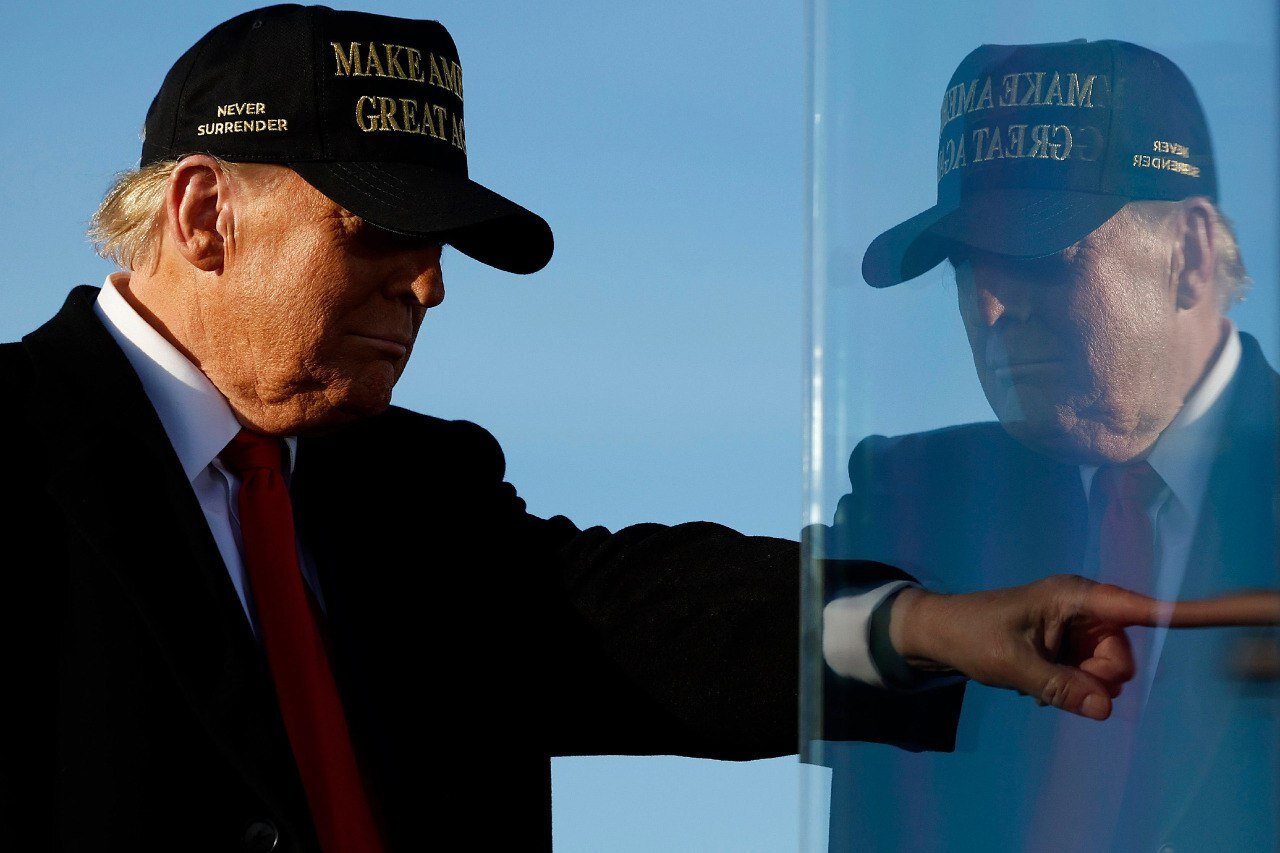Serenity or inferno: The crossroads facing U.S.
Tehran emphasizes readiness for diplomatic engagement on equal terms, leaving the choice up to the U.S.

TEHRAN – With tensions escalating in West Asia amid U.S. military deployments and aggressive rhetoric, Iran has made its position unmistakably clear: it remains open to diplomacy—but not to intimidation.
From high-ranking military officials to leading diplomats, the Islamic Republic has made it clear: discussions can occur, but only indirectly, and never under threat or coercion.
Central to Iran’s message is a rejection of repeating historical errors. Iranian authorities caution that the U.S. does not seek dialogue, but submission—an outcome Iran completely rejects.
In an interview with the Khaneh Mellat news agency on Sunday, Iranian Foreign Minister Abbas Araghchi emphasized Tehran’s readiness for diplomatic engagement—albeit on very specific terms.
He pointedly noted that no discussions have taken place and that Tehran will not consider situations similar to Libya's. He noted that the idea of Iran disarming on its own was something the West could “only dream of.”
The Libyan case is significant in the Iranian mindset. It serves as a clear reminder of the consequences when a country gives up its protections for uncertain assurances. For Iran, deterrence is not a threat—it's insurance against coercion.
On Sunday, Major General Mohammad Bagheri, Chief of Staff of the Armed Forces, underscored that any attack on Iran would unleash a response that would be “swift, crushing, and irreversible.”
Yet, despite the saber-rattling, Iran continues to seek a path toward peaceful coexistence. General Bagheri disclosed that U.S. President Donald Trump’s letter to Leader of the Islamic Revolution Ayatollah Ali Khamenei proposing talks was laced with veiled threats.
The Leader's response, as stated by General Bagheri, was resolute and grounded: Iran would not initiate hostilities, would seek peaceful nuclear energy, and given America's unpredictability, would refrain from direct negotiations—though indirect diplomacy stayed a possibility.
At the heart of Western anxieties is Iran's nuclear program. Accusations continue to fly, but even Rafael Grossi, Director General of the International Atomic Energy Agency (IAEA), has acknowledged that while Iran possesses rather highly enriched uranium, it has not weaponized it. He further confirmed in a Saturday interview with Argentine media that Iran lacks the necessary systems for weaponization, reinforcing Tehran's established assertion that its nuclear activities are purely for civilian purposes.
Nonetheless, inflammatory language from individuals such as Trump—who previously warned that Iran would face bombing if it failed to agree to a deal—has only intensified Iranian suspicion. Tehran quickly denounced the statement as a breach of the UN Charter, cautioning that such rhetoric escalates regional instability.
Ali Larijani, a senior Iranian politician and former parliament speaker, stated that while Iran possesses the technical capacity to develop nuclear weapons, it has refrained due to a binding religious decree issued by the Leader, Ayatollah Khamenei, banning their production. However, he cautioned that if the United States or Israel were to launch a military strike against Iran, the tide of public opinion could shift decisively. In such a scenario, he said, the Islamic Republic may be compelled—by internal pressure—to pursue nuclear arms.
Iran is not seeking capitulation or control—it is seeking recognition. It is prepared to interact with the world, but on an equal footing. Diplomacy, certainly—but never at the cost of sovereignty.
As Foreign Minister Araghchi cautioned, “Every nation has the right to its own evaluations and interpretations. "Nevertheless, if any measures are taken [against us], we will view them as complicit."
